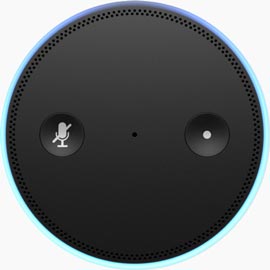
#20 - Concussion Reporting Trends
This week, I’ve been looking into differences in concussion reporting between males and females, athletes and nonathletes, as well as reasons why people don’t report concussions. I found some interesting information about sports safety, both from research and from concussion stories from people like you, that I want to share with you.
According to a study done in 2017, male athletes are at least 4 times less likely than female athletes to report a concussion to their coach or parent. Some of the main reasons for not reporting a concussion were that they didn’t think it was serious enough, or that they didn’t want to lose playing time or let their team down.
Athletes not reporting concussions is a sports safety vulnerability. Returning to play after a concussion puts an individual at risk for much more serious and long term consequences. This study also mentioned that someone identifying themselves as an athlete or being proud of their athletic identity made them even less likely to report a concussion. It’s clear that the culture of sports safety needs to shift so that the safety of the athlete is a priority.
I also spoke with a few non-athletes who weren’t even aware that they had a concussion. They realized something was wrong when they still had symptoms long after the injury. There’s still a lack of concussion awareness around the globe. It’s super important that you educate yourself on concussion signs and symptoms and that you know where to go if you think you have a concussion. If you don’t, you could have symptoms that linger for months or even years in some cases.
These stories and research make it abundantly clear: everyone, athletes and non-athletes alike, needs education on concussions. We have a concussion 101 guide that sums up the most important facts about concussion, free on Amazon. Just search Concussion 101 Guide and you’ll find it.
OTHER FLASH BRIEFINGS YOU MIGHT FIND HELPFUL:

